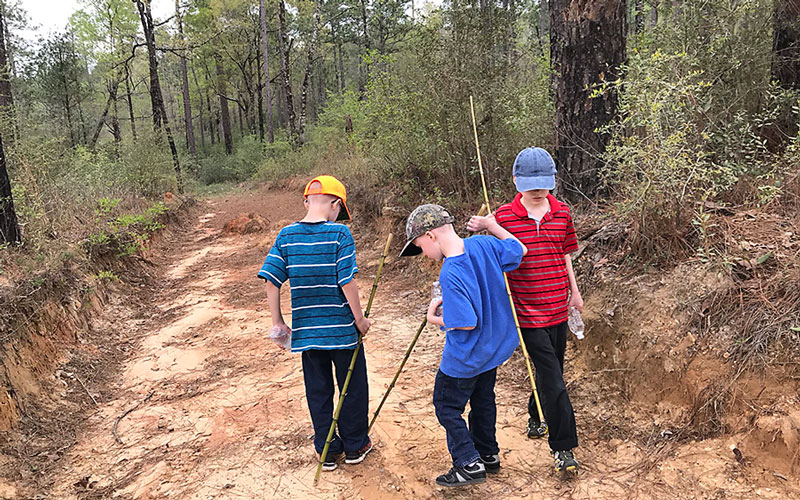
In this episode of “Ten Minutes to a Better Homeschool,” Pam Barnhill welcomes Durenda Wilson, a seasoned homeschooler and author of the book, Raising Boys to Men. The conversation revolves around the unique aspects of homeschooling boys, advice for moms navigating the challenges, and the importance of an unhurried approach to learning. Durenda shares insights into the differences between educating boys and girls, emphasizing the need for more hands-on and active learning experiences for boys. She also highlights the significance of understanding and respecting the natural inclinations and developmental pace of boys, emphasizing an open and flexible approach.
The episode delves into the cultural messages surrounding masculinity and the challenges moms may encounter in setting boundaries and maintaining authority over their teen boys. Durenda’s advice on maintaining respect and honor while allowing boys to take on responsibilities provides valuable insights for parents.
Listeners will find practical tips and strategies for homeschooling boys, addressing the societal influences impacting masculinity and the benefits of an unhurried approach to learning. Pam and Durenda’s discussion offers an enlightening and informative resource for parents navigating the homeschooling journey of raising boys.
Listen to the Podcast
Links and Resources From Today’s Show
- Night Zookeeper
- Durenda’s website
- Simply Unhurried Podcast
- Raising Boys to Men
- The 4 Hour School Day
- The Unhurried Homeschooler
- Unhurried Grace for a Mom’s Heart
Raising Boys to Men: A Simple, Mercifully Short Book on Raising and Homeschooling BoysThe Four-Hour School Day: How You and Your Kids Can Thrive in the Homeschool Life
The Unhurried Homeschooler: A Simple, Mercifully Short Book on Homeschooling
Unhurried Grace for a Mom’s Heart: 31 Days in God’s Word
Key Takeaways About Homeschooling Boys
- Boys and girls have different learning styles and needs when it comes to education; understanding and accommodating these differences is crucial for effective homeschooling.
- Homeschooling boys often involves a more hands-on and physical approach, with the need for frequent breaks and an unhurried pace to accommodate their development.
- Boys tend to be more logic-oriented and may struggle with writing, requiring alternative methods such as narration and creative communication to cultivate their skills without causing stress.
- The societal narrative around gender and masculinity presents challenges for homeschooling moms, requiring a return to foundational principles and a biblical perspective to guide boys into healthy manhood.
- Dealing with boys in their preteen and teen years involves understanding their need for autonomy and providing them with responsibilities while maintaining authority and respect, with guidance and input from fathers being crucial.
- Taking an unhurried approach to homeschooling boys allows them to respond better to learning, fosters a love for learning, and dispels the misconception that starting early gives an advantage, as studies have shown the opposite to be true.
- The importance of recognizing and leveraging alternative methods of learning outside traditional approaches, including reading aloud, games, audiobooks, and podcasts, to engage boys effectively.
- How to Transform Math Lessons without Changing your Curriculum with Denise Gaskins - April 26, 2024
- Homeschooling Boys with Durenda Wilson - April 12, 2024
- What About Lab Sciences? with Dr. Moon - March 29, 2024
Leave a Rating or Review
Doing so helps me get the word out about the podcast. iTunes bases their search results on positive ratings, so it really is a blessing — and it’s easy!
- Click on this link to go to the podcast main page.
- Click on Listen on Apple Podcasts under the podcast name.
- Once your iTunes has launched and you are on the podcast page, click on Ratings and Review under the podcast name. There you can leave either or both!





